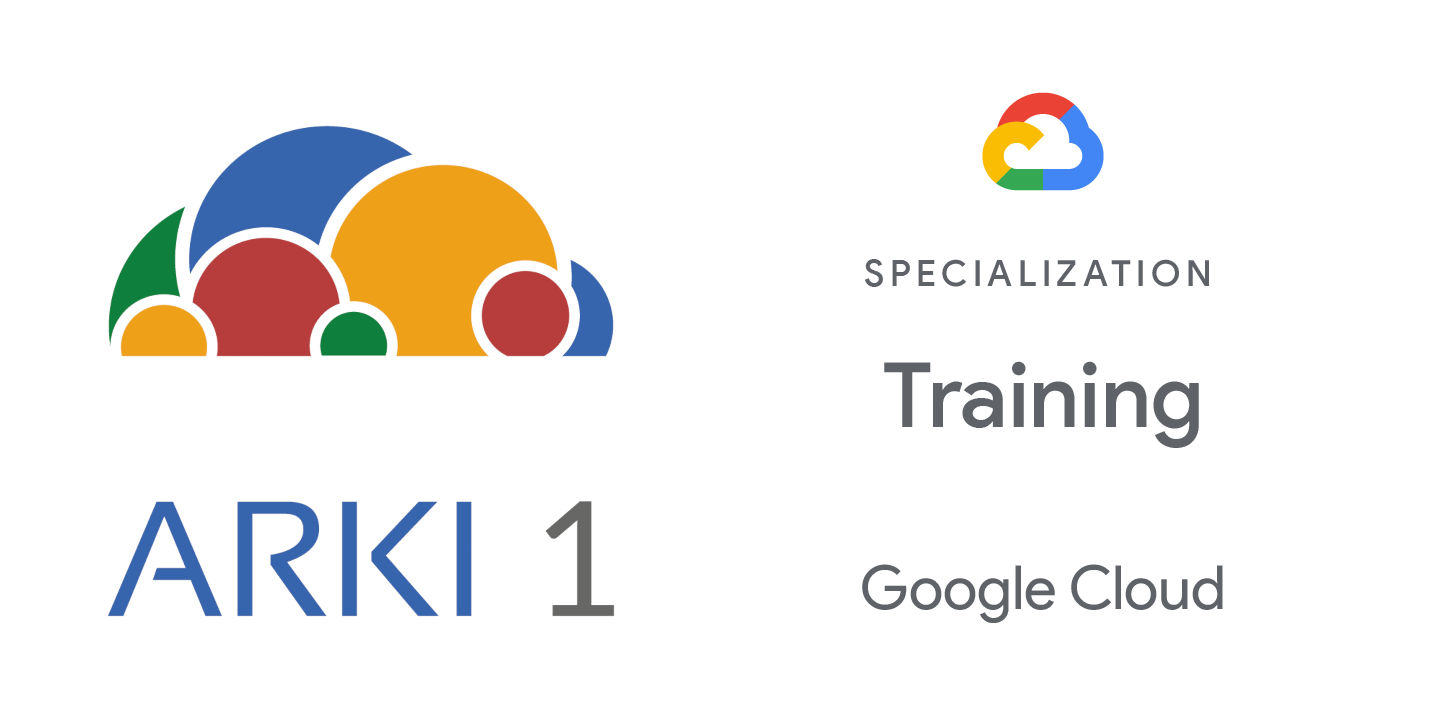Beginning with foundations, this training explains how Apache Beam and Dataflow work together to meet your data processing needs without the risk of vendor lock-in. The section on developing pipelines covers how you convert your business logic into data processing applications that can run on Dataflow. This training culminates with a focus on operations, which reviews the most important lessons for operating a data application on Dataflow, including monitoring, troubleshooting, testing, and reliability.
Objectives
In this course, participants will learn the following skills:
- Demonstrate how Apache Beam and Dataflow work together to fulfill your organization’s data processing needs.
- Summarize the benefits of the Beam Portability Framework and enable it for your Dataflow pipelines.
- Enable Shuffle and Streaming Engine, for batch and streaming pipelines respectively, for maximum performance.
- Enable Flexible Resource Scheduling for more cost-efficient performance.
- Select the right combination of IAM permissions for your Dataflow job.
- Implement best practices for a secure data processing environment.
- Select and tune the I/O of your choice for your Dataflow pipeline.
- Use schemas to simplify your Beam code and improve the performance of your pipeline.
- Develop a Beam pipeline using SQL and DataFrames.
- Perform monitoring, troubleshooting, testing and CI/CD on Dataflow pipelines.
Audience
This training is intended for big data practitioners who want to further their understanding of Dataflow in order to advance their data processing applications, including:
- Data Engineer
- Data Analysts and Data Scientists aspiring to develop Data Engineering skills
Prerequisites
To get the most of out of this course, participants should have:
- Completed Google Cloud Fundamentals Big Data and Machine Learning course OR have equivalent experience.
- Basic proficiency with common query language such as SQL
- Experience with data modeling, extract, transform, load activities
- Developing applications using a common programming language such as Python
- Completed “Building Batch Data Pipelines” and “Building Resilient Streaming Analytics Systems” or Data Engineering on Google Cloud
Duration
24 hours (3 days)
Investment
Check the next open public class in our enrollment page. If you are interested in a private training class for your company, contact-us.
Course Outline
The course includes presentations, demonstrations, and hands-on labs.
- Course Introduction
- Beam and Dataflow Refresher
- Beam Portability
- Runner v2
- Container Environments
- Cross Language TransformS
- Dataflow
- Dataflow Shuffle Service
- Dataflow Streaming Engine
- Flexible Resource Scheduling
- IAM
- Quota
- Data Locality
- Shared VPC
- Private IPs
- CMEK
- Beam Basics
- Utility Transforms
- DoFn Lifecycle
- Windows
- Watermarks
- Triggers
- Sources and Sinks
- Text IO and File IO
- BigQuery IO
- PubSub IO
- Kafka IO
- Bigtable IO
- Avro IO
– Splittable DoFn
- Beam Schemas
- Code Examples
- State API
- Timer API
- Summary
- Schemas
- Handling un-processable Data
- Error Handling
- AutoValue Code Generator
- JSON Data Handling
- Utilize DoFn Lifecycle
- Pipeline Optimizations
- Dataflow and Beam SQL
- Windowing in SQL
- Beam DataFrames
- Beam Notebooks
- Job List
Job Info
Job Graph
Job Metrics
Metrics Explorer
- Logging
- Error Reporting
- Troubleshooting Workflow
Types of Troubles
- Pipeline Design
- Data Shape
- Source, Sinks, and External Systems
- Shuffle and Streaming Engine
- Testing and CI/CD Overview
- Unit Testing
- Integration Testing
- Artifact Building
- Deployment
- Introduction to Reliability
- Monitoring
- Geolocation
- Disaster Recovery
- High Availability
- Classic Templates
- Flex Templates
- Using Flex Templates
- Google provided Templates
- Summary
Quick recap of training topics


